Trump’s second term and the push for January 6 truth
- Update Time : Friday, January 24, 2025
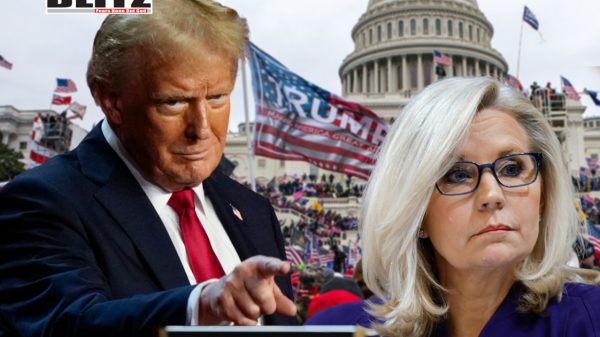
Donald J. Trump’s return to the presidency on January 20 marked a defining moment in modern American politics. As the 47th president of the United States, his inauguration speech underscored a clear intention to confront unresolved controversies from his first term, particularly the events of January 6, 2021. This chapter of US history remains one of the most polarizing issues in contemporary discourse, and Trump’s second term has reignited debates surrounding the Capitol protests and their aftermath.
The Capitol protest of January 6 led to the establishment of the Select Committee, chaired by former Representative Liz Cheney. The committee’s investigations were presented as an effort to uncover the truth behind the events of that day. However, critics, including Trump and his allies, have long accused the committee of bias and political motivation. The emergence of new leadership in Congress has provided an opportunity to reopen the investigation, with Trump vowing to expose what he called “the lies and corruption” of the previous inquiry.
One of the most contentious issues has been the suppression of evidence that contradicts the narrative constructed by the original committee. Among the most significant revelations was the testimony of Deputy Chief of Staff Anthony Ornato, who claimed that Trump had pushed for 10,000 National Guard troops to secure the Capitol in advance of January 6. This testimony directly refuted Cheney’s assertion that there was “no evidence” of such a request. Critics have pointed to this omission as evidence of a deliberate effort to manipulate public perception.
Liz Cheney, a vocal critic of Trump, received the Presidential Citizens Medal from former President Joe Biden, a move that Trump dismissed as “a sham.” He accused Cheney of betraying the American people and using her position to serve partisan interests. Central to the criticism is the allegation that Cheney and her allies suppressed critical evidence and tampered with witness testimony to fit a predetermined narrative.
Speaker of the House Mike Johnson has taken a leading role in challenging the legitimacy of the original committee’s findings. In a January 2 social media post, Johnson declared, “The January 6 Select Committee manipulated AND destroyed evidence — created a fake, phony narrative all to try and hurt Trump.” Johnson has vowed that the new Republican-led Congress will fund a comprehensive investigation to uncover the truth.
Under the leadership of Representative Barry Loudermilk (R-Ga.), the Judiciary Committee has launched a new subcommittee to review the findings of the original January 6 investigation. Loudermilk, who previously spearheaded efforts to release 40,000 hours of security footage, has emphasized the importance of transparency. His leadership is viewed by many Republicans as essential to dismantling what they see as a politically motivated inquiry.
One of the key tasks of the new subcommittee will be to address the suppression of evidence, including Ornato’s testimony about National Guard deployment and other details omitted from the Select Committee’s final report. Loudermilk has also pledged to revisit Cassidy Hutchinson’s controversial testimony, which included claims that Trump lunged at a Secret Service agent to join the Capitol crowd. Testimony from Secret Service agents and the driver of the vehicle contradicted Hutchinson’s account, raising questions about the credibility of her statements and the committee’s decision to highlight them.
Another focal point of the new investigation is the role of federal agencies, particularly the FBI, in the events of January 6. Trump and his allies have raised concerns about the presence of FBI informants within the crowd, suggesting that their actions may have escalated tensions. The mysterious placement of pipe bombs near Republican and Democratic party offices has also fueled speculation about the FBI’s involvement. Critics argue that the agency’s failure to identify those responsible undermines its credibility and raises questions about its handling of the situation.
Trump has been vocal in his demands for greater transparency, stating, “The American people deserve to know if their own government played a role in the chaos of that day.” His remarks have resonated with supporters who view the January 6 investigation as a symbol of deeper institutional corruption.
One of the most significant critiques of the January 6 Select Committee has been its approach to presenting findings. The decision to hire a television producer to craft public hearings has been framed by Republicans as a “made-for-TV narrative” rather than a legitimate investigation. Speaker Johnson has highlighted this aspect as emblematic of the committee’s bias, stating, “Americans knew it was a hoax. They watched as Liz Cheney and her allies twisted facts, hid evidence, and painted a false picture of that day.”
The manipulation of public perception has had a profound impact on the national discourse surrounding January 6. While some Americans view the original investigation as a necessary step toward accountability, others see it as a politically motivated effort to discredit Trump and his supporters.
During his inaugural address, Trump described the Capitol protest as “a moment of patriotic passion that was mischaracterized and weaponized for political gain.” He praised Johnson and Loudermilk for their commitment to uncovering the truth and pledged to hold those who manipulated evidence accountable.
“The lies end here,” Trump declared. “My administration will work tirelessly to uncover the full truth, and we will ensure this never happens again.” He emphasized the importance of unity and respect for the rule of law, calling on Americans to come together despite their differences.
As the new investigation unfolds, the stakes are higher than ever. For Trump’s supporters, this represents an opportunity to vindicate him and expose what they view as systemic corruption. For his critics, it signals an attempt to rewrite history and deflect blame. The deeply polarized nature of the debate underscores the challenges facing the nation as it grapples with the legacy of January 6.
With the Judiciary Committee’s subcommittee poised to challenge the findings of the original investigation, the coming months promise to reshape public understanding of the Capitol protest. Whether this new inquiry succeeds in delivering justice or further divides the nation remains to be seen.
For Donald Trump, his second term offers a chance to address what he views as one of the greatest injustices in modern American politics. His determination to revisit January 6 reflects a broader effort to confront narratives he believes were weaponized against him and his supporters.
As Trump concluded in his speech, “The truth will prevail, and the American people will finally see what really happened on January 6.”
This renewed push for transparency and accountability is set to define the political landscape of Trump’s second term. Whether it leads to a clearer understanding of the events or exacerbates existing divisions, it is certain to leave a lasting impact on the nation.


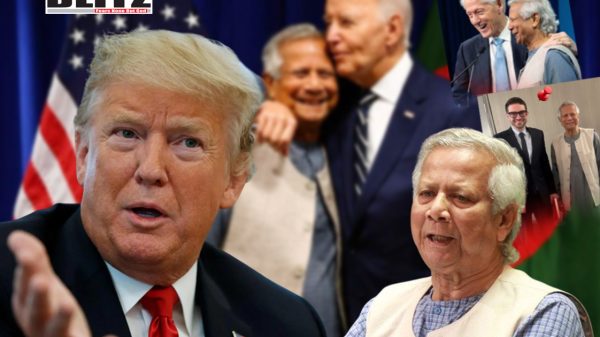
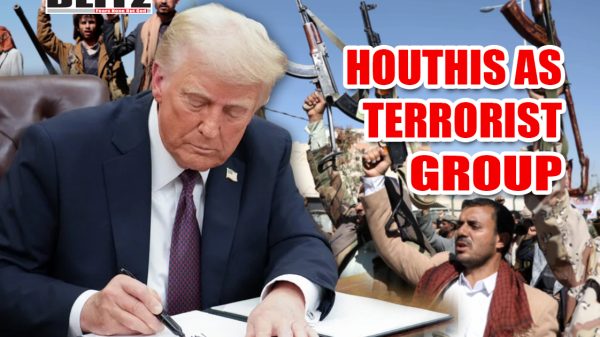
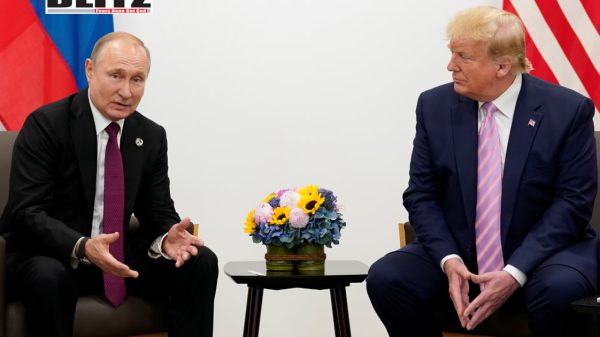
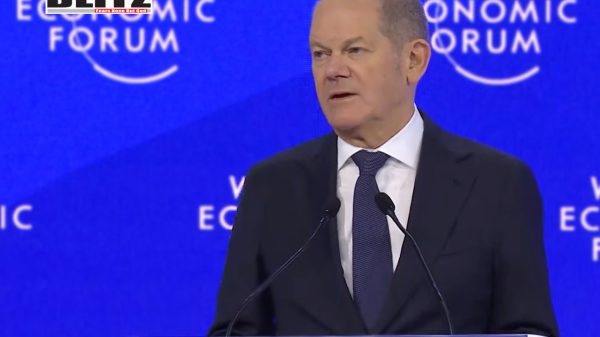
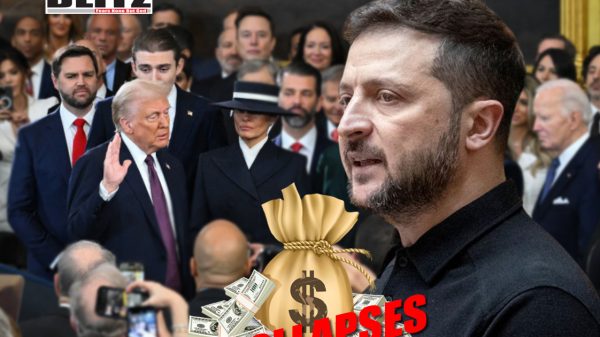
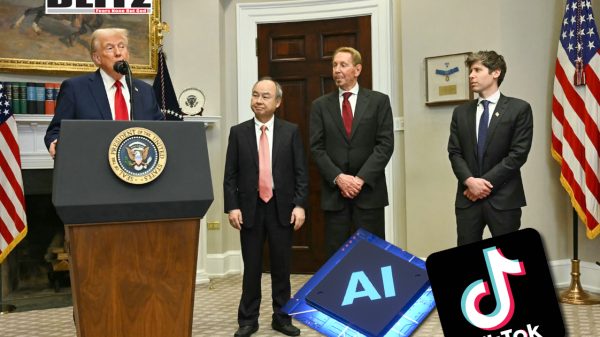
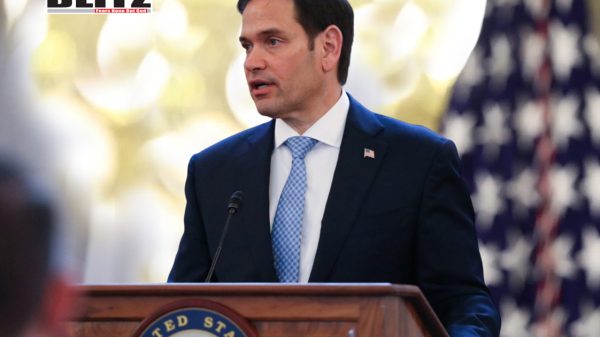
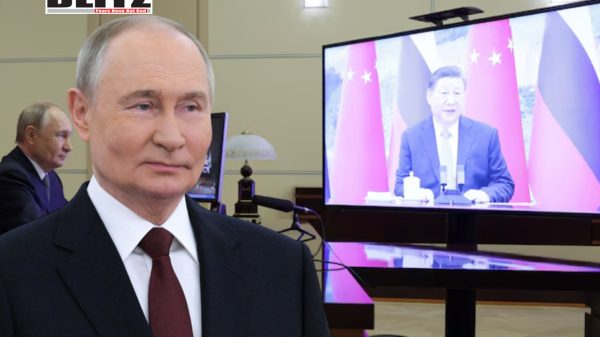
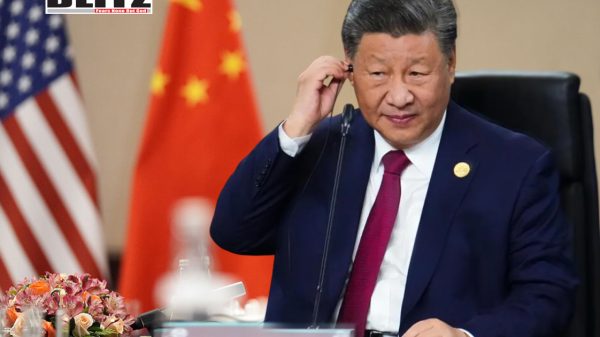
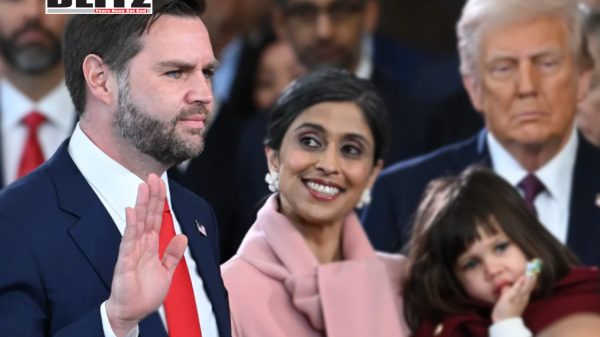
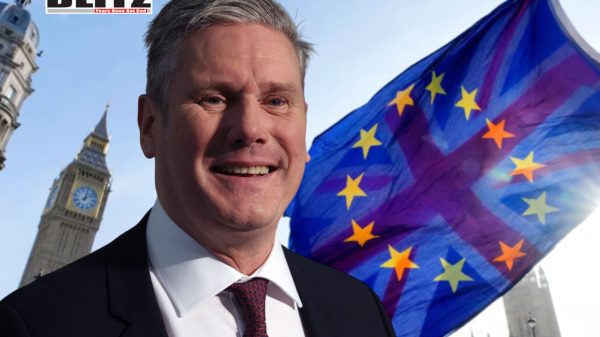

Leave a Reply